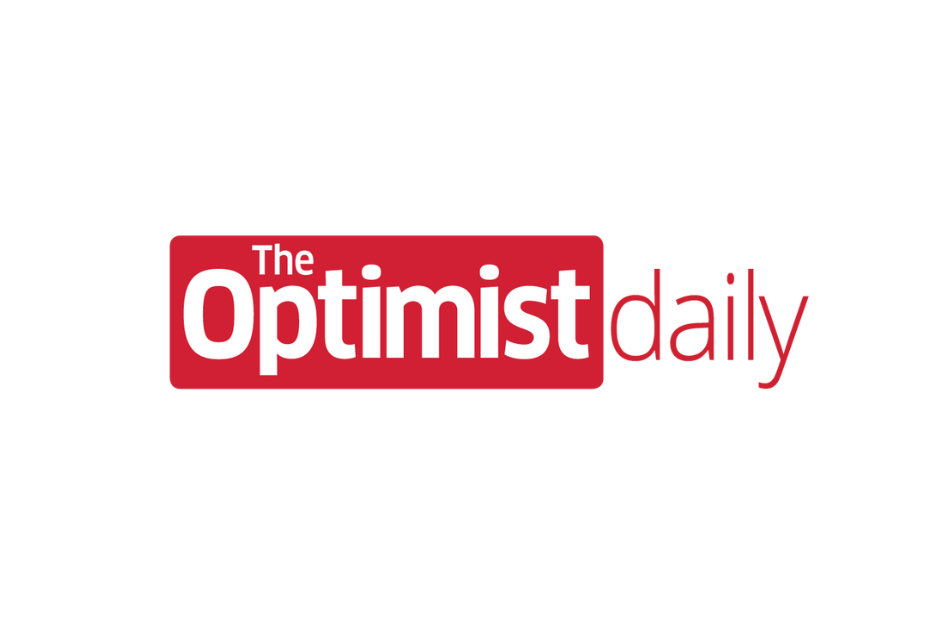Dallas may be one of the wealthiest cities in the world, but its wealth is unevenly distributed amongst its neighborhoods. In the Bonton community in South Dallas, 48 percent of residents suffer daily from the effects of urban poverty. Rates of incarceration and joblessness are highly disproportionate compared to the rest of Dallas. On top of that, the rate of diabetes is 45 percent higher.
How did we get here?
One major problem is that residents suffer from a lack of access to fresh, healthy food that’s affordable. Since businesses tend to open in places where there are plenty of people with money to spend, Bonton didn’t have a local source of healthy food. In fact, it takes a three-hour, round-trip bus ride just to reach the nearest grocery store.
But not all is bleak in Bonton. A wave of urban farming has taken over the neighborhood, and now it’s home to one of the largest urban farms in the United States. The Bonton Farms boasts more than 42 acres of land, playing host to farming land, animals, and a market, which doubles as a cafe and a place to purchase fresh produce. Founder Daron Babcock initially started the urban farm as a way to create jobs and fresh produce for the community, but it grew into so much more.
Provide those in need with opportunities
Jobs and food serve only as the central provisions of a host of additional services designed to give community members a chance to overcome the symptoms of poverty and thrive. The Market at Bonton Farms is an educational outpost where a variety of opportunities are offered that help enrich the community. They offer classes in general health and wellness, financial management, parenting, and more. Bonton Farms even assists residents with transportation and access to credit.
For all of us, Bonton Farms shows us how an urban farm can become much more than a place where food is grown.











